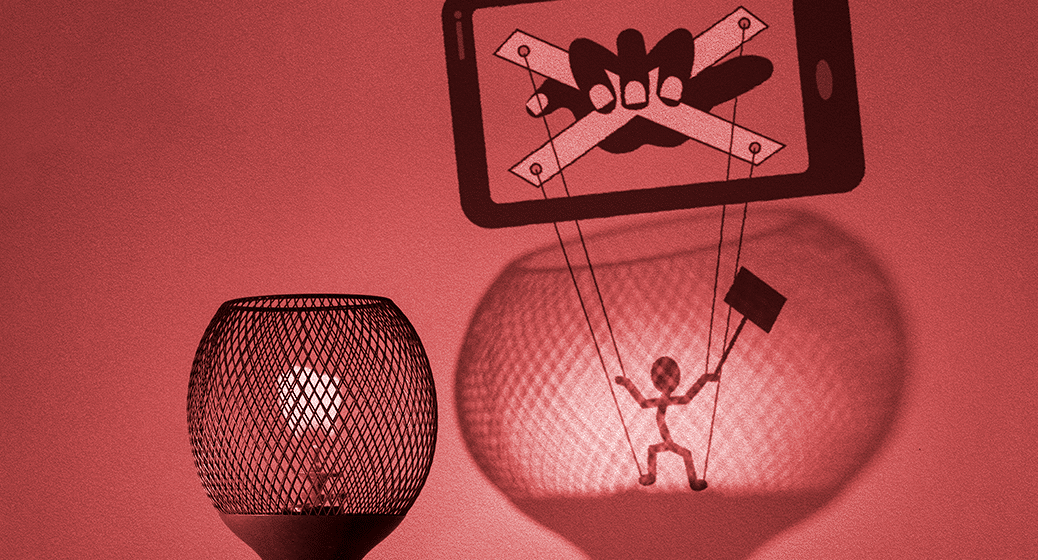“Gaslighting” was recently named the 2022 Merriam-Webster Dictionary Word of the year. Have we finally found a word that aptly names a common social phenomenon?
The recently updated definition currently reads, “1. psychological manipulation of a person usually over an extended period of time that causes the victim to question the validity of their own thoughts, perception of reality, or memories and typically leads to confusion, loss of confidence and self-esteem, uncertainty of one’s emotional or mental stability, and a dependency on the perpetrator” or “2. the act or practice of grossly misleading someone especially for one’s own advantage.”
Is society getting more hip to therapy? Or is gaslighting becoming more commonplace? LinkedIn News Editor, Melissa Cantor hypothesizes the latter, positing that the popularity of the word has a causal association with the increase of “therapy speak” in cultural vernacular.
For clinicians, this has a number of salient implications. Firstly, it opens doors for normalization. As clients share their most intimate narratives with us, it is imperative that therapists are actively listening and taking an empathic stance. Labeling can be a critical part of the normalizing process because it lends itself to solidarity; if gaslighting is commonplace enough to be named the Word of the Year by Merriam-Webster, it’s a thing.
Secondly, popularizing the term may have research implications. Researchers from GoodTherapy cite low self-esteem, trauma, depression, anxiety, difficulty with trust, and interpersonal challenges as common effects of gaslighting. I don’t know about you, but I would be thrilled to know more.
How exactly does perpetration and victimization affect the brain? How does gaslighting fit into the Cycle of Abuse model? How is gaslighting operationally defined? This could have endless implications for treatment. For me, I can’t wait to learn more!
Keep Reading
Want more? Here are some other blog posts you might be interested in.







